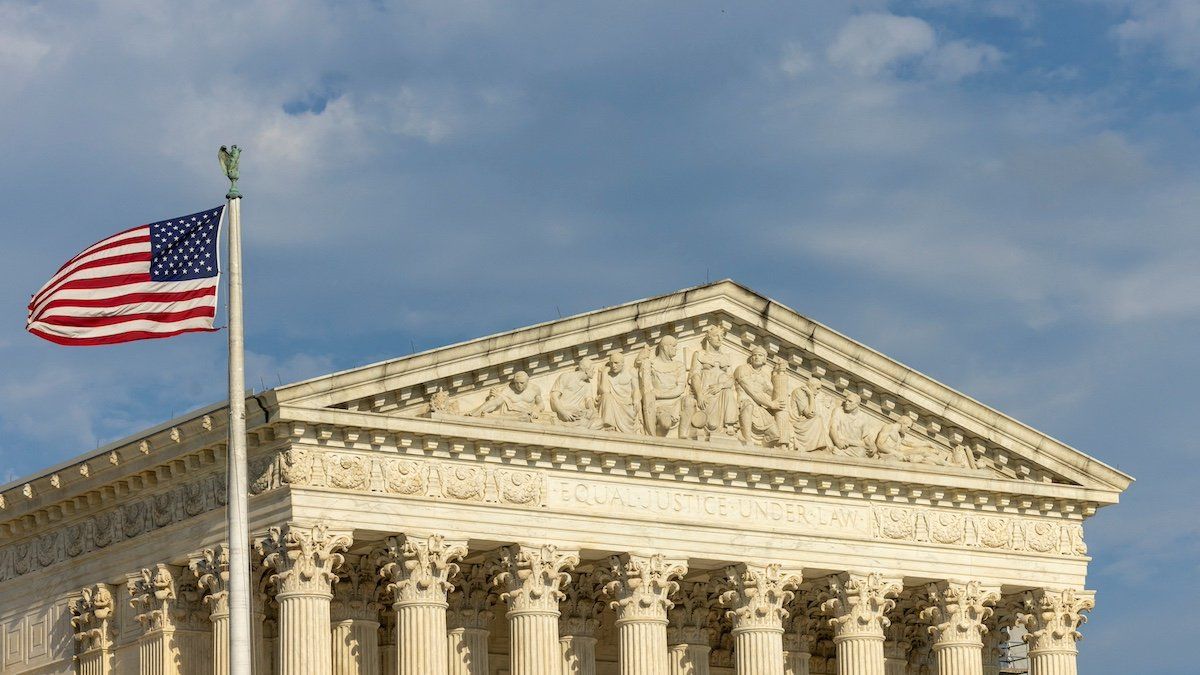On Friday, the US Supreme Court struck down a landmark ruling on federal agencies’ power, known as “Chevron deference,” that required courts to defer to the agencies’ “reasonable” interpretations of “ambiguous” federal legislation.
This means federal regulations – from telecom and environmental rules to work safety and AI regulation – could now face increased legal challenges, which is a big win for conservatives looking to rein in the executive.
The case: While it sounds like an obscure chess gambit, “Chevron deference” was a pretty straightforward legal doctrine. It held that federal agencies could make their own rules when Congress left aspects of law ambiguous – which they often do – and that courts should defer to the expertise of each agency. But Friday’s ruling held that the executive branch was essentially carrying out lawmaking responsibilities that should be left to Congress.
The AI upshot? The immediate impacts on AI regulation will be limited because there isn’t much on the books yet. To get future regulations to stick under the new ruling, however, Congress will likely have to lay out regulations in minute detail or write laws specifically empowering agencies to cover certain aspects of regulation. Given how slowly Congress moves, the extra legwork could put regulation perpetually behind the pace of innovation. And Congress isn’t known for its tech expertise. Remember when Mark Zuckerberg had to remind one member how social media companies make money: “Senator, we run ads”? Or when another senator asked if the company would “end finsta”?
The danger here is that, depending on how the ruling is interpreted, Congress may have to be overly prescriptive about AI – “if itcan get a law passed at all,” says Eurasia Group’s Scott Bade. “Given how slowly Congress acts, the question then is whether laws can be written in a way that keeps up with the rapid evolution of AI technology.”